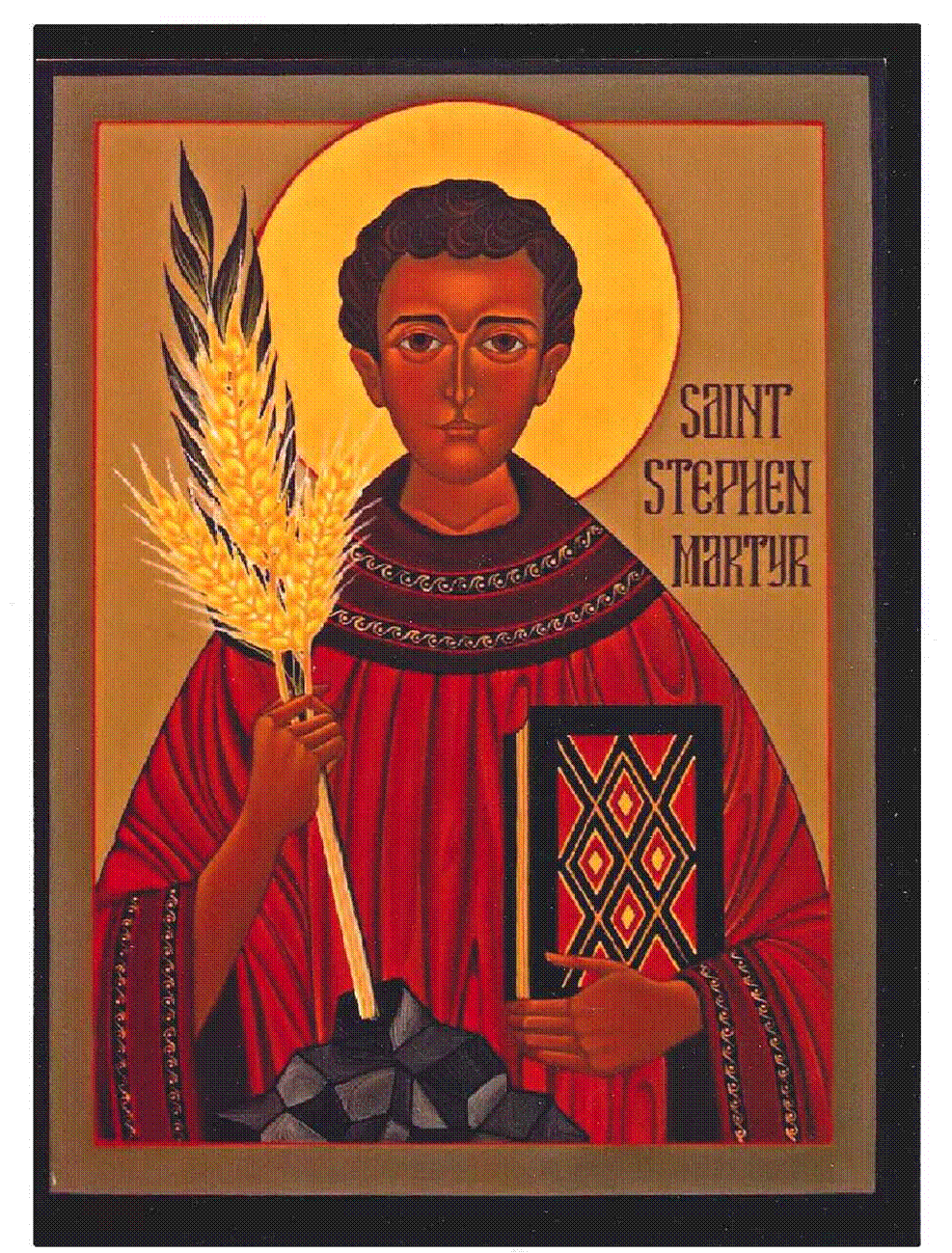A Complicated Heritage

Today is Syttende Mai. Which means, being translated, “The Seventeenth of May.” Which, again, means, for those of us of Norwegian heritage, the anniversary of the Day when the Coastal Scandinavian country of Norway won its independence from the Scandinavian country of Sweden, in 1905. The story as I heard it growing up as a descendant of immigrants from Norway, was that they two countries were lined up for battle, but then decided to simply have coffee and go home. The actual history of Norwegian independence is of course both much more complicated and much gentler than that, but I’ll spare you those details. It’s actually rather cute, though, that my niece and her husband have invited me for dinner tonight because it gives me the chance to celebrate a number of national identities. I don’t know the words to sing “Ja, Vi Elsker dette Landet” (“Yes, We Love this Land of Ours”) so I’ll fake it when we sing the Norwegian National Anthem. But the recent coronation of Charles III as king of England brought up another sense of national loyalty, one that was reinforced by living and working in the British Commonwealth for seven years in Montreal, Quebec.
Now I’m not a person who gets particularly excited by the British royalty: I didn’t watch the coronation. But the Canadian factor brings up another little complication: because I really do appreciate French Canadian culture – maple syrup and tortierre, a French Canadian meat pie served at Christmas; yet Quebec is a French-speaking province of the British Commonwealth, and to live there was complicated the more because it became a predominantly religiously Roman Catholic province under British rule – when it was illegal to be a Roman Catholic under British sovereignty. The overtones still rumble a bit even long after the French lost Quebec to the English prior to the American Revolutionary War. I remember Elizabeth II coming to Quebec about thirty years ago, when the Province was threatening separation from the rest of Canada, to say, “Je suis votre Reine” – “I am your queen” – in perfect French.
My point, I guess, is that I feel like I have a complicated international heritage: the result of a history of migrations in my family and of my own migrations, and having lived in other countries as a student and as part of a military presence. I’m American, of course: “a Yankee Doodle Dandy, born on the fourth of July;” but my history includes that of the British (even the Puritans were British); and Norwegian (because of my great-grandparents, all born in Norway). And it is complicated the more because we are reminded, justly, of the presence of first nations on this continent: in Minnesota it becomes more and more common to hear that we live on “Da-Ko-Tah Land.” In the church I attend, there are increasing discussions about the presence of those who were here before the Germans and Norwegians settled here to farm the land, and supervise their commerce with the presence of American banks.
It's gotten stunningly green again in the last two weeks: it’s gotten amazingly lush. But as we come into another season, not just of outdoor recreation, but of growth, I think we do well to think to recall our connection to the land, and the bounty of harvest we anticipate several months from now – and how that is connected to a heritage, not an American heritage, or a Norwegian or British or Canadian heritage, or a Native heritage from before the times of various European settlers, but a heritage that comes from God, whose land this is “in the beginning” – and of which we do well to remember that we are only stewards, wherever we might live. Listen to the Psalms: “The earth is the Lord’s.”
The Rev. Allen Heggen


























Comments